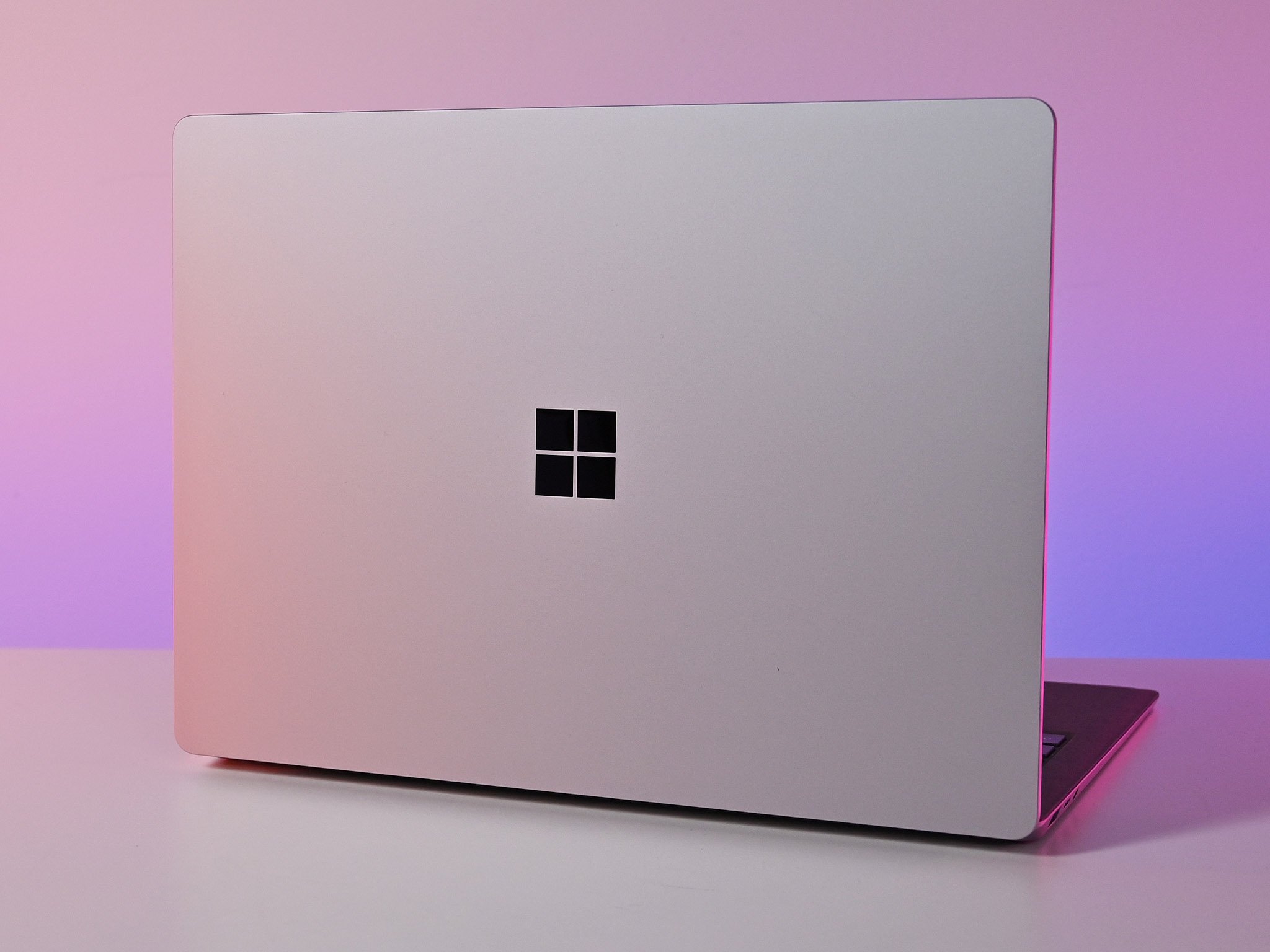 Source: Daniel Rubino/Windows Central
Source: Daniel Rubino/Windows Central
Microsoft released its Zero Trust Adoption Report for 2021 today. The report looks at how organizations view Zero Trust security. Microsoft surveyed over 1,200 security decision-makers over a year regarding Zero Trust adoption for the report.
Microsoft explains Zero Trust in its post announcing the Zero Trust Adoption Report:
A Zero Trust security model assumes breach and explicitly verifies the security status of identity, endpoint, network, and other resources based on all available signals and data. It relies on contextual real-time policy enforcement to achieve least privileged access and minimize risks. Automation and machine learning are used to enable rapid detection, prevention, and remediation of attacks using behavior analytics and large datasets.
In other words, as its name suggests, Zero Trust doesn’t trust anyone. It assumes that there’s been a breach. People have to verify their identity and meet security requirements to gain access to a system.
Based on the responses of security decision-makers, Zero Trust Adoption skyrocketed over the last year, which is likely related to more people having to work from home.
Microsoft highlights four insights based on its research:
- Zero Trust is now the top security priority.
- Familiarity and adoption are growing rapidly.
- Hybrid work is driving adoption.
- More than half believe they’re ahead of their peers.
- Zero Trust will remain a top priority with additional budget expected.
According to Microsoft, 96% of security decision-makers view Zero Trust as critical to their organization’s success. 72% of organizations are in the process of implementing Zero Trust, which is a massive increase. Only 6% of organizations said they were in the process of implementing Zero Trust last year.
Microsoft attributes much of the growth of Zero Trust adoption to the increasing rate of hybrid work. Since remote work probably isn’t going anywhere, more organizations will likely adopt Zero Trust going forward.
We may earn a commission for purchases using our links. Learn more.

‘The Ascent’ Xbox review: Cybernetic murder machine
The Ascent is an indie action RPG, headed straight to Xbox Game Pass on July 29. The violence and carnage play second fiddle only to some truly epic world-building and design, but bugs and other issues hold The Ascent back from finding its true potential.

Halo Infinite beta: Everything we know
Halo Infinite test flighting is coming in the near future. Here’s how to sign up for the Halo Insider Program and access the beta so you can help 343 Industries test the game.




